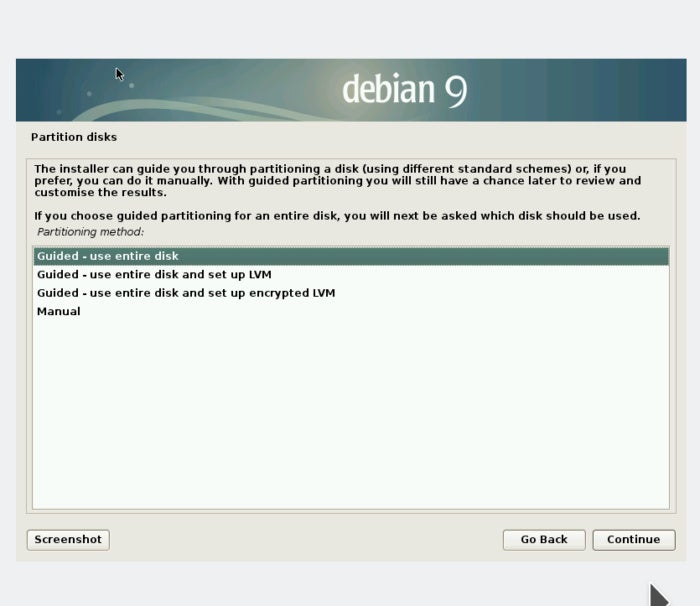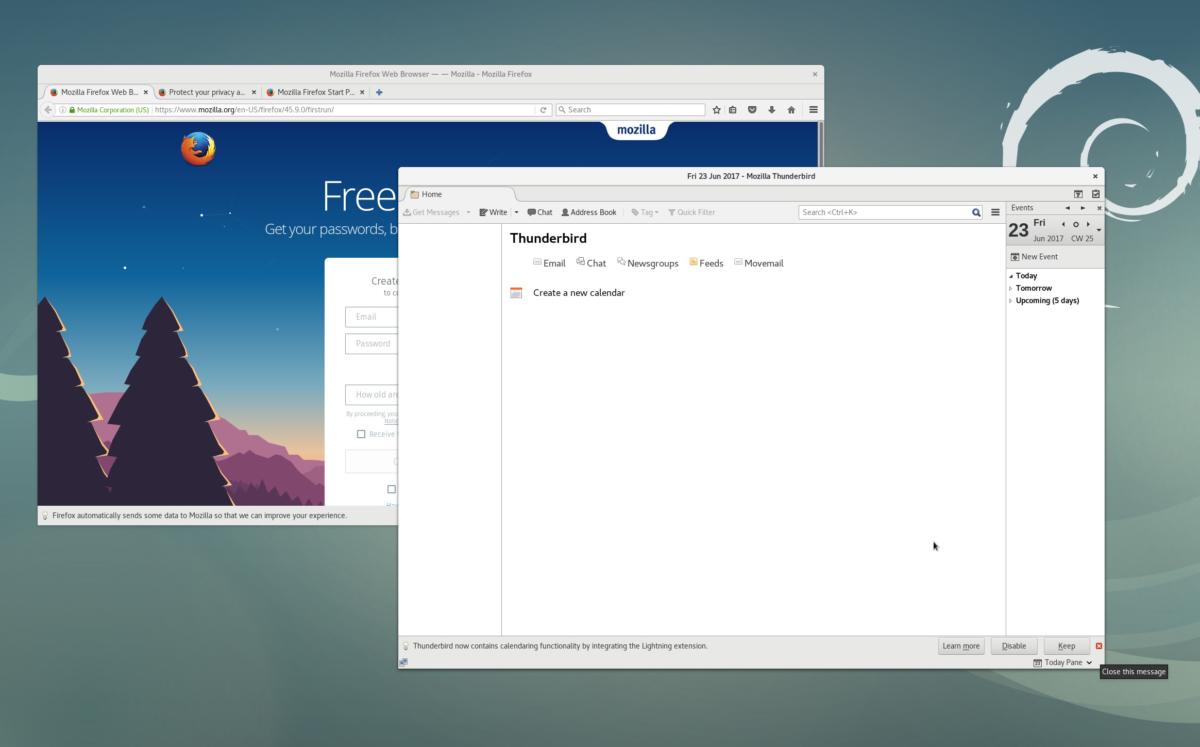
Debian 9 “Stretch” just came out, and as far as Linux distros go, Debian stands apart as a distribution meant for stability. Sure, most desktop users might choose Ubuntu or Fedora for their desktop PC, while users who are more willing to get their hands dirty might opt for Arch or Gentoo. Hackers might gravitate to Kali, while the paranoid among us might look for something like TAILS.
There’s a lot to take in with a Debian release, but there are a few key notes for the average desktop user.
What is Debian?
Debian is a free (as in freedom) GNU/Linux operating system created by volunteers. The operating system uses APT to manage packages and software, not unlike Ubuntu. In fact, Ubuntu is known as a Debian-based operating system in that most of the core utilities you find in Ubuntu (like APT) come from Debian.
And if you’re wondering how Debian code-names its releases, the names are taken from Toy Story characters.
 Alex Campbell
Alex CampbellWhat makes Debian different from Ubuntu?
Debian is different from Ubuntu in a number of ways. First, Ubuntu is created and distributed under the umbrella of a for-profit company, Canonical. Depending on where you stand on Linux, proprietary software, and other philosophical issues in open-source, Debian can be considered “more free” than Ubuntu.
While both Debian and Ubuntu use APT for package management and can install .deb files downloaded from the Internet, there’s an important differentiation to make. While Ubuntu can install .deb files built for either Ubuntu or Debian, Debian users should steer clear of .deb files meant for Ubuntu, as they could break your system. Because Debian is an OS that sells itself on stability, that’s a bit like banging the sharp end of a hatchet against one of the legs of the chair you’re sitting on. The leg may not fail right away, but when it does, everyone will say you did it to yourself.
The last big thing that makes Debian different from Ubuntu and other Linux OSes is that Debian has a really long release cycle. The last version of Debian 8 (“Jessie”) was released on April 25, 2015—over two years ago. Although the release cycles are quite long, Debian supports each version for one year after the latest version’s release. That equals out to about three years of support for each version, with Debian 8 “Jessie” reaching end of life on June 25, 2018. Ubuntu, on the other hand, releases new versions twice per year, with major LTS releases in the April of even years.
 Alex Campbell
Alex Campbell[Source”indianexpress”]






